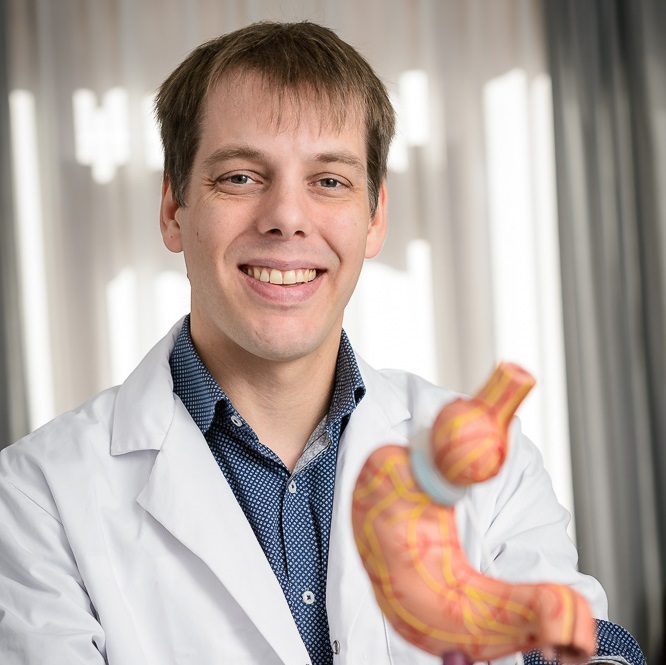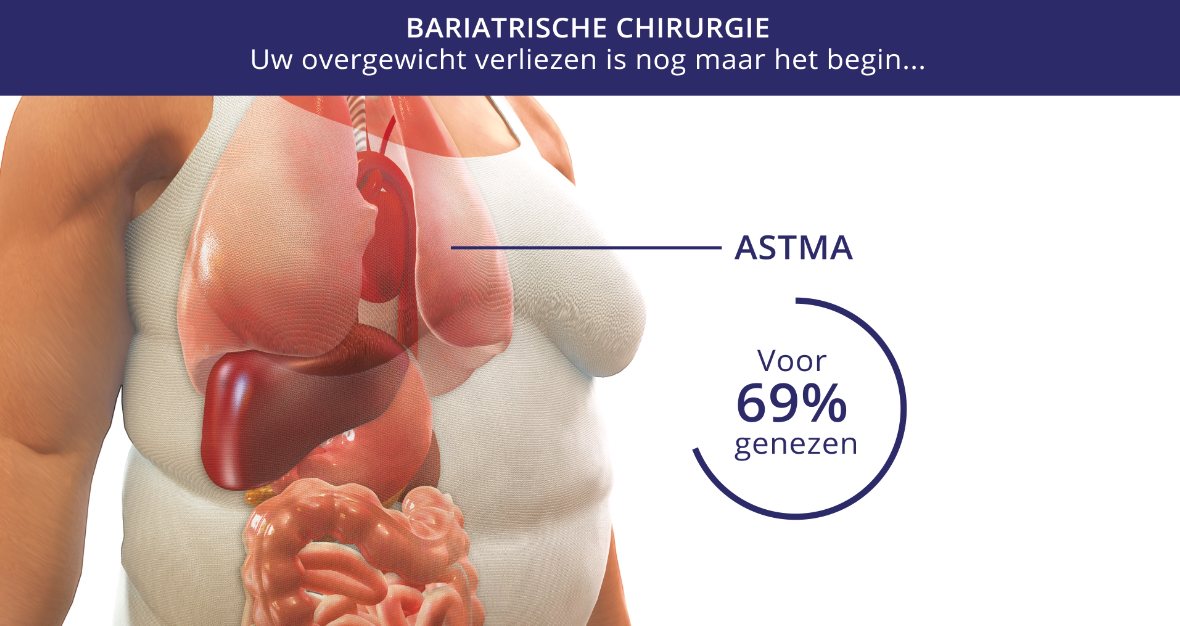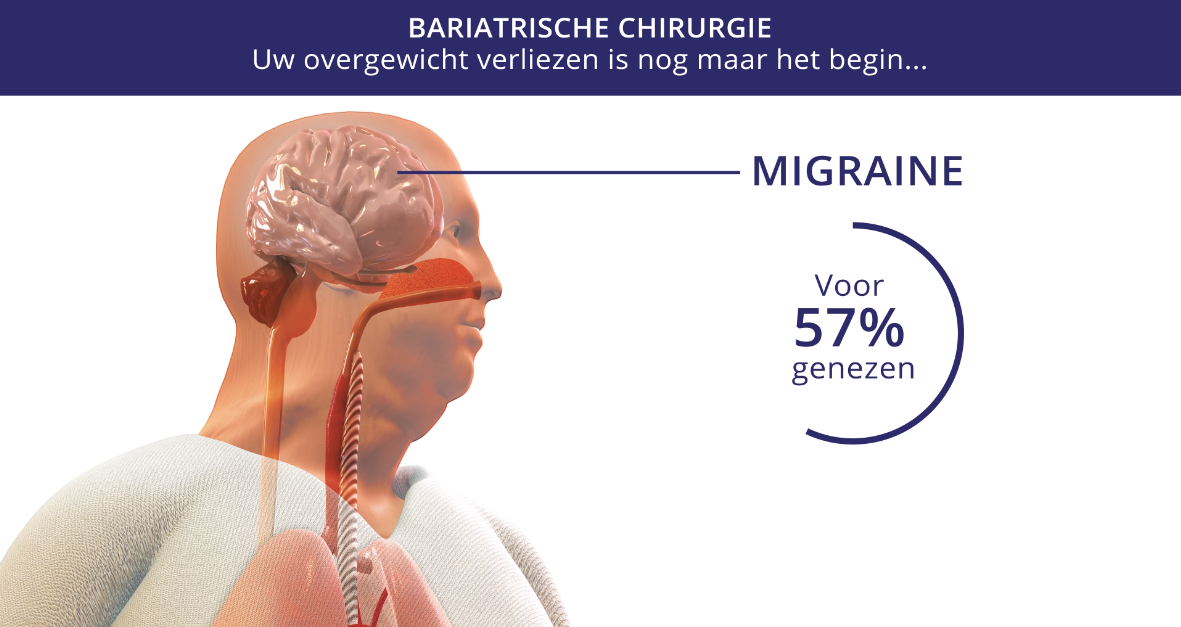To reduce the medical risk associated with obesity, the procedure must result in at least 10% weight loss. For aesthetic reasons, the patient will usually want to lose 50% of the excess weight. How quickly the patient achieves their objective depends on a number of factors.
Factors affecting weight loss
Weight loss after the procedure depends on several factors, in particular:
- Age
- Weight before the procedure
- General state of health
- Type of surgical procedure
- Ability to exercise
- Motivation to comply with diet guidelines and after care
Clinical studies show that most patients lose weight quickly after the procedure and also maintain this weight loss. Patients with an initially high BMI tend to lose more weight. Patients with an initially lower BMI however, tend to lose a larger percentage of their excess weight and are often more able to approach their ideal body weight.
Patients who have diabetes (type 2 diabetes) tend to have a lower weight loss than patients not suffering from diabetes. Several studies have shown that surgery is an efficient way to improve and control the health problems caused by obesity. For example, many patients with diabetes showed an excellent improvement in their diabetes despite a lower weight loss, so they had little or no need for their medication.
After the procedure, don’t hesitate to ask your treating doctor and / or nutritionist for suitable diet guidelines.
More than weight loss
The results of obesity treatment can be spectacular. But losing weight is just the beginning. These videos show in which ways you can improve your quality of life even more. Did you know, for example, that weight loss has a positive effect on conditions such as asthma, sleep apnea and depression?

Dr. Yannick Nijs
Obesity surgeon
St-Michel Europe Hospitals
150 Linthoutstraat, 1040 Brussels
+32 470 588 537
+32 2 614 37 20


